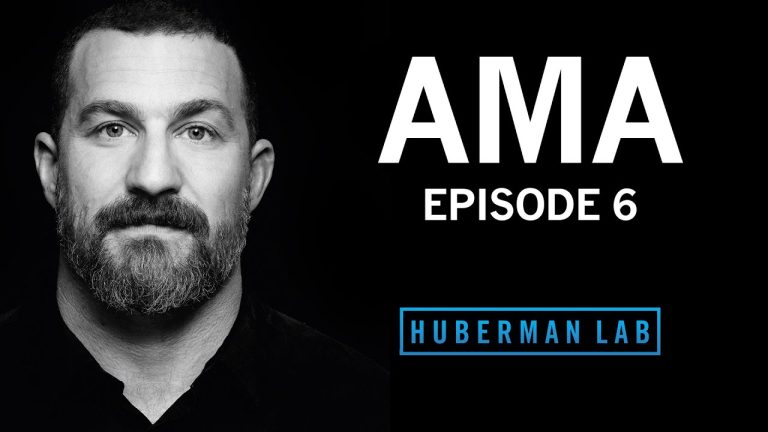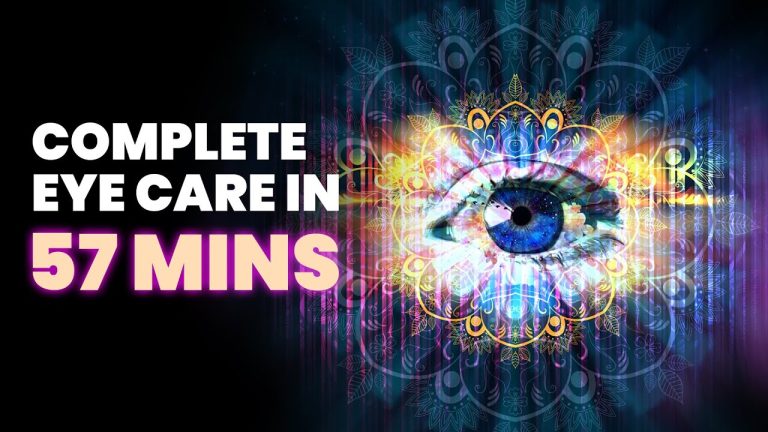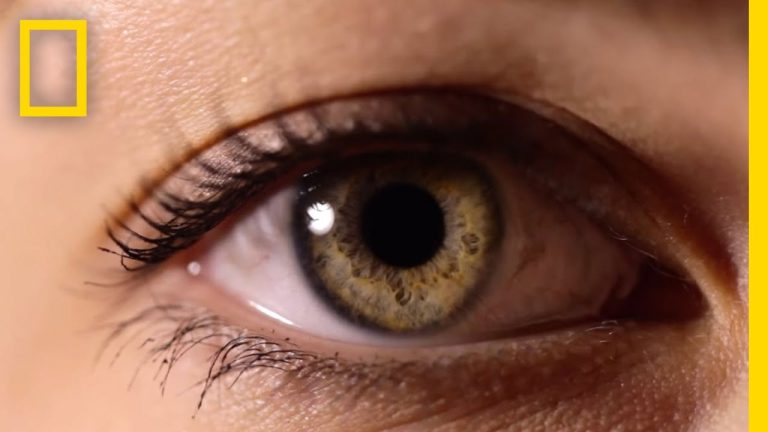Discover the Latest Trends and Must-Have Products in Ophthalmology for Optimal Optical Health
When it comes to our health, few things are as important as our vision. Ophthalmology is the branch of medicine that specializes in the prevention, diagnosis, and treatment of eye diseases and disorders. There are many different conditions that ophthalmologists can diagnose and treat, ranging from common refractive errors like nearsightedness and farsightedness to more serious conditions like macular degeneration, glaucoma, and cataracts.
At our optical and vision care products website, we know how important it is to stay informed about your eye health. Whether you’re looking for information on how to protect your eyes from harmful UV rays, wondering if you’re a good candidate for LASIK vision correction, or simply trying to learn more about the anatomy of your eyes, we’ve got you covered. Read on to learn more about the fascinating world of ophthalmology!
Treatments and Procedures Offered by Ophthalmologists
One of the most common procedures performed by ophthalmologists is cataract surgery. Cataracts are a clouding of the natural lens of the eye that can cause blurry vision and other visual problems. During cataract surgery, the cloudy lens is removed and replaced with an artificial lens, restoring clear vision.
Another procedure that ophthalmologists may perform is glaucoma surgery. Glaucoma is a condition that causes damage to the optic nerve, often as a result of increased pressure in the eye. While there are many different treatments available for glaucoma, sometimes surgery is necessary to lower the pressure and prevent further damage to the optic nerve.
Common Eye Conditions Treated by Ophthalmologists
Refractive Errors
Refractive errors are one of the most common reasons that people visit ophthalmologists. These conditions occur when the shape of the eye prevents light from focusing properly on the retina, leading to blurry vision. Myopia, or nearsightedness, occurs when distant objects appear blurry, while hyperopia, or farsightedness, can cause problems with close-up vision. Astigmatism is another type of refractive error that can cause blurry or distorted vision.
Age-Related Eye Diseases
As we get older, our risk for developing certain eye diseases increases. Two of the most common age-related eye diseases are macular degeneration and glaucoma. Macular degeneration is a condition that causes damage to the macula, the part of the retina responsible for sharp, central vision. Glaucoma, as mentioned earlier, is a condition that causes damage to the optic nerve and can lead to blindness if left untreated.
Preventative Measures for Maintaining Eye Health
While there are many treatments available for eye diseases and disorders, one of the best things you can do for your eye health is to focus on prevention. Some of the most effective preventative measures include:
- Wearing sunglasses or other protective eyewear when outdoors to protect against harmful UV rays
- Eating a healthy diet rich in fruits and vegetables to support eye health
- Getting regular eye exams to catch problems early
- Avoiding smoking and excessive alcohol consumption, both of which can increase your risk for eye problems
By taking these simple steps to care for your eyes, you can help to lower your risk for a wide range of eye diseases and keep your vision sharp and clear for years to come.
Contents
Most wanted in Hoya Vision:
What are prism eyeglass lenses?
Hoya Lens Engravings
What brand lenses does Costco use?
Do tinted glasses help with migraines?
What does +0.25 mean on an eye test?
Hoya Identification Chart
Should eyeglasses cover eyebrows?
What LED light is best for broken capillaries?
What is the difference between Ray Ban RB and Rx?
Does hyperopia worsen with age?
















